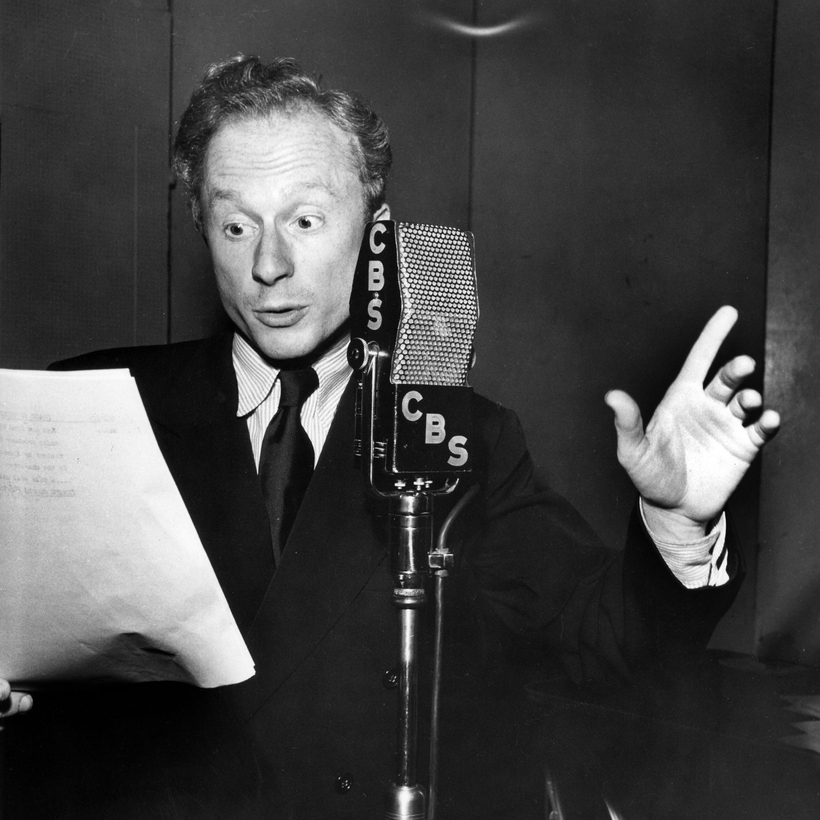On Norman Lloyd’s birthday last November, his friends set up a Zoom chat. About 25 of us, from Los Angeles, New York, and Paris. Even if they’d heard them before, his friends were always eager to listen to his stories about “Orson” or “Hitch” or the regular weekend tennis games with Charlie Chaplin. And Norman never tired of telling them because he told them well, accents included (Hitchcock’s). He had developed a voice as a young actor, one without regionality—it was educated but an actor’s voice, with bass as well as treble. He sat in his chair, wearing the off-white flat cap that Jean Renoir had given him, and entertained for an hour or so, talking about new movies, too—“pretty good,” “piece of shit”—and quipping zingers.
One of his friends had a striped baseball jersey specially made. On the front it said, Brooklyn, where Norman grew up, and on the back, Lloyd, arched across the shoulders, and below his name, the number 106, which was Norman’s age.


